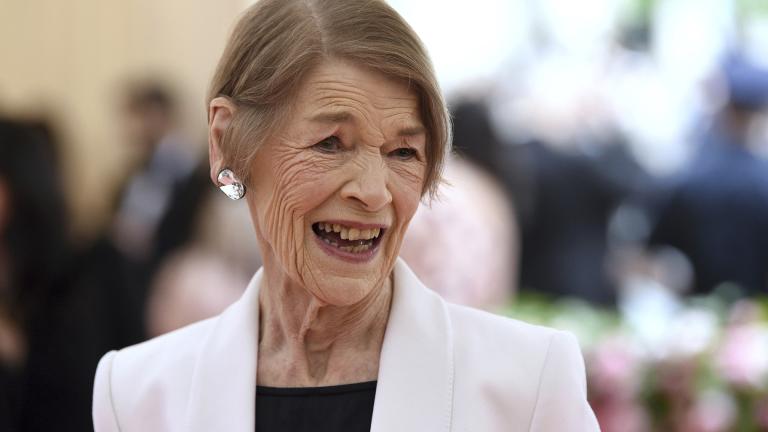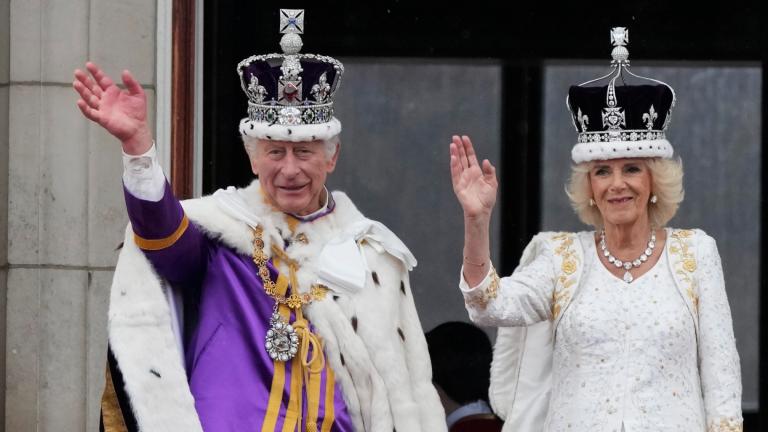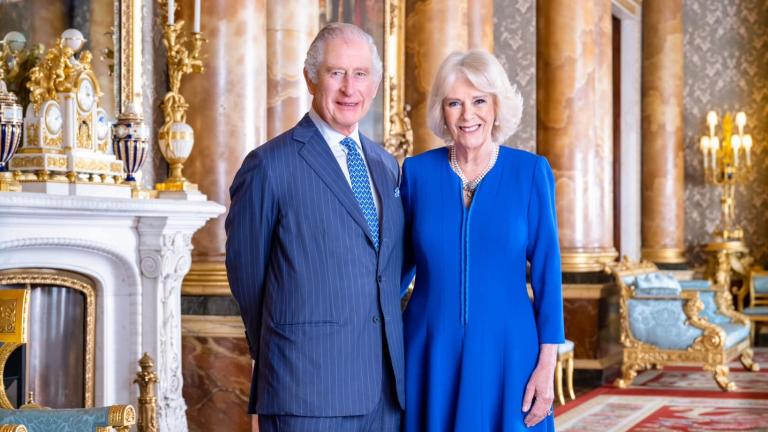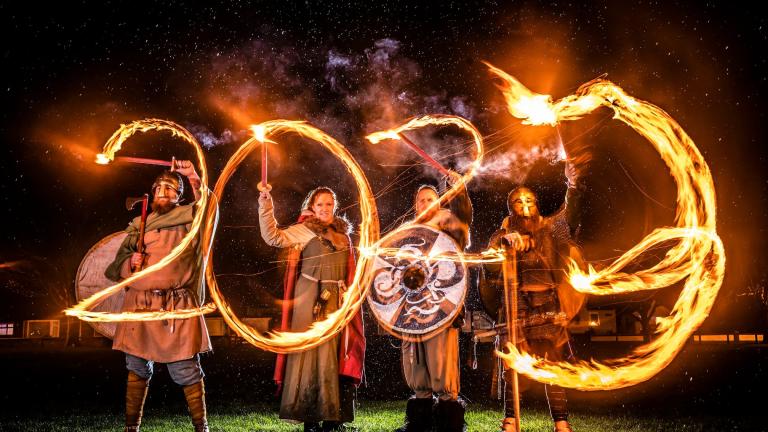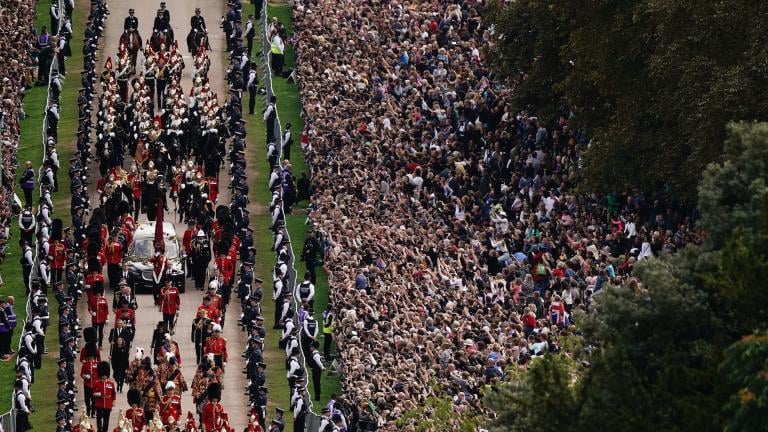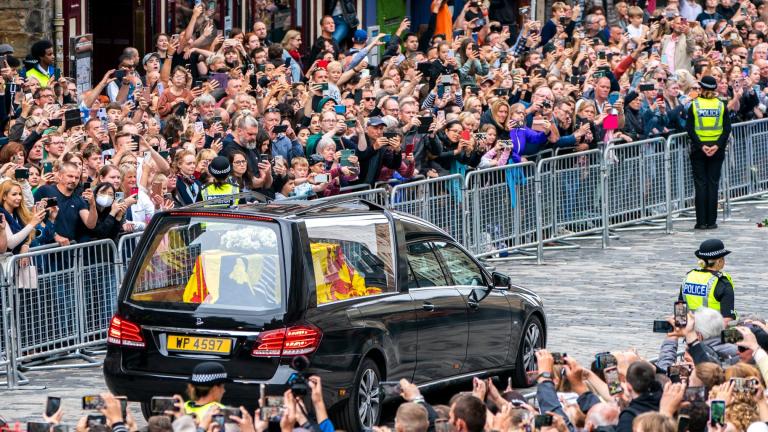Note: A map graphic in the above video has been corrected for its original airing to read “The British Empire at its Territorial Peak.”
Queen Elizabeth II’s death prompted an outpouring of grief among many people in Britain and beyond.
To many, her 70-year reign was a symbol of tradition and stability that linked the present to the past.
But on her death, along with expressions of sympathy, many people from former colonies from Ireland to Kenya — and here in America — have pushed back on the glorification of the monarchy and empire.
Cianna Greaves, a producer at WBEZ who recently wrote an opinion piece about her family’s life under British rule in Jamaica, is under no illusions as to how harsh colonial rule was.
“People don’t really understand how many people lost their lives in the pursuit of freedom from empire,” says Greaves. “I don’t think people understand the brutality of colonialism. People don’t understand the generational trauma.”
Despite that legacy, Greaves says she was surprised at how moved she was by the queen’s passing — who she calls “a pretty towering figure” — and the memories it stirred of her mother and grandmother. Greave’s mother, who immigrated to the United States in the 1960s, and grandmother both had great affection for the queen.
“I just really missed my mom at that moment,” says Greaves
By chance, Greaves was visiting Britain and Europe when Queen Elizabeth died and made a point of leaving a bouquet of flowers at the gates of Buckingham Palace. She says had her mother Delores been alive, it’s something she would have done.
But on that visit she also noted the stark differences between the opulence of central London and the palace and the much more modest neighborhood of Brixton where many immigrants from the Caribbean settled.
Alvin Tillery, professor of political science and director of the Center for the Study of Diversity and Democracy at Northwestern University, has long studied racial inequality in the United States. He says the toxic legacy of European and British colonialism is everywhere.
“It’s impossible for me to do my work as a scholar of these kinds of modern racial inequalities in America and not see the fingerprints of British colonials everywhere,” said Tillery. “The threads are intimately connected. The American race story starts with the Royal African Company.”
The Royal Africa Company was founded in 1660 by the Duke of York, the brother of then King Charles II, who went on to become King James II and transported enslaved people from West Africa to the Americas.
Scott Sowerby, a professor of history at Northwestern University whose research interests include a focus on Britain and its empire, says the British monarchy and Britain itself extracted huge profits from slavery as well as colonization of nearly one-quarter of the globe.
“It’s really not just the monarchy, people all across Britain I think have been starting to grapple with the fact that so much of the wealth of the country stems from imperialism and the slave trade,” says Sowerby.
Earlier this year, Prince William and his wife, Kate Middleton, had what was viewed by many as a disastrous tour of the Caribbean. Many people had hoped the royals would formally apologize for the sins of empire and the slave trade, but instead they offered only expressions of regret.
Sowerby says that as many as six Caribbean nations are now moving to ditch the British monarch as head of state and become republics.
“I think there was a backlash to William and Kate’s visit, a sense that they were out of touch,” says Sowerby.
There are also growing calls for reparations. And there is historical precedent.
Both Sowerby and Tillery noted that when the British Empire abolished slavery in 1833, the government paid reparations to all 45,000 slave owners – but no compensation was given to the people they enslaved.
Greaves doesn’t expect the conversation over whether Britain should pay reparations to former colonies to advance too much.
“I feel like Britain is not ready to have that conversation,” says Greaves. But an apology would be a start.

